India's' relationship of critical importance for US, says Marco Rubio
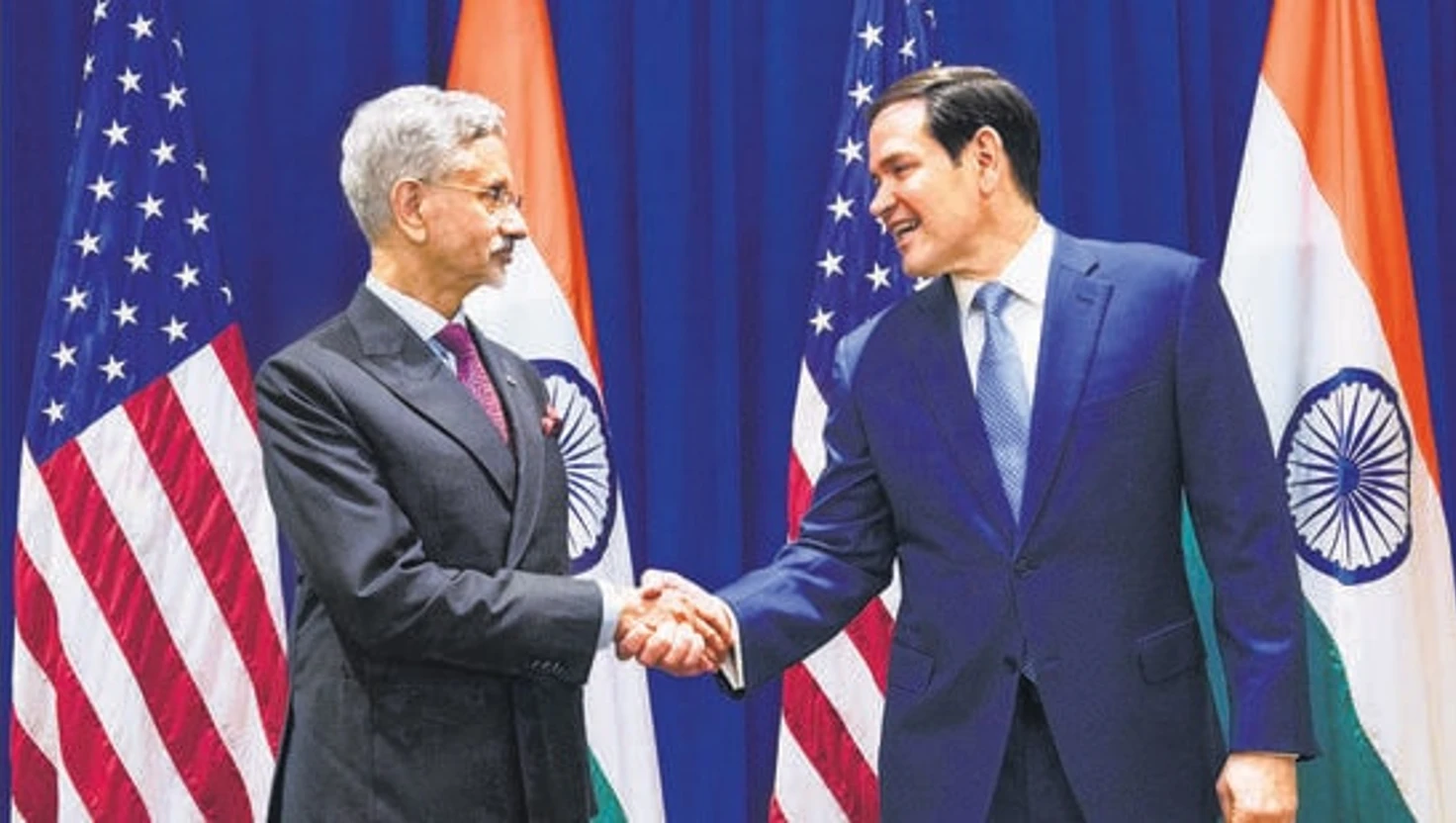
US-India Relations Tested Amid H-1B Visa Fee Increase
US Secretary of State Marco Rubio and Indian Minister S. Jaishankar meet to discuss ties amid controversy over H-1B visa fees affecting Indian tech.
US Secretary of State Marco Rubio met with Indian External Affairs Minister S. Jaishankar in New York on Monday, seeking to reassure both nations of their ongoing partnership amidst rising tensions over a new H-1B visa fee. The meeting occurred during the United Nations General Assembly and is the first in-person encounter since recent trade disputes were reignited.
Concerns Over Visa Fees
The recent announcement by President Donald Trump of a USD 100,000 fee for new H-1B visa applications has sent shockwaves through India's technology sector. The H-1B visa programme is particularly important for Indian IT professionals; over 70% of H-1B visa approvals in the preceding year were awarded to candidates from India, a stark contrast to the nearly 12% allocated to China. According to analysts, the new fee may impose significant financial burdens on Indian companies that depend on these visas, raising concerns about their operational costs and employment strategies.
Reaffirming Diplomatic Ties
During their meeting, Rubio emphasised the critical nature of India's relationship with the United States. "India is a relationship of critical importance to the United States," he stated, promoting cooperation in areas such as trade, defence, energy, pharmaceuticals, and critical minerals. He reiterated a commitment to working collectively to promote a free and open Indo-Pacific region, a sentiment encapsulated in their collaborative efforts through the Quad, an alliance that includes Japan and Australia.
The backdrop of the discussions includes additional tariffs imposed by the United States earlier this year, amounting to a total of 50% on certain Indian imports. These tariffs were initially introduced in response to India's continued purchases of Russian oil, which the Trump administration has publicly condemned. The tariffs effectively soured ongoing negotiations regarding a Bilateral Trade Agreement between the two nations, raising questions about future economic cooperation.
Commitment to Continued Dialogue
Both governments have endeavoured to maintain diplomatic communication despite the setbacks. Jaishankar and Rubio had previously met in July during a Quad meeting, where they discussed shared concerns regarding China's influence in the Indo-Pacific region. In recent statements on social media, Jaishankar reiterated the importance of sustained engagement in order to advance priority areas of mutual interest.
Trade Delegation Meetings
The week in New York has been marked by further diplomatic activity. Union Commerce Minister Piyush Goyal met with the United States Trade Representative, Jamieson Greer, in what officials hope will be a crucial step towards enhancing bilateral trade discussions. It was reported that both sides are optimistic about achieving significant progress, given the recent positive exchanges between Indian Prime Minister Narendra Modi and President Trump.
While the two nations engage in attempts to smooth over tensions, issues regarding market access and tariff reciprocity continue to challenge negotiations for a potential trade deal. Previous rounds of talks have faced obstacles, primarily over American agricultural products and outstanding disputes at the World Trade Organisation (WTO).
Future Prospects
Despite these challenges, both India and the United States appear committed to improving relations. Jaishankar's subsequent engagements during the UN General Assembly, including meetings with various international counterparts, underscore India's proactive approach to diplomacy. The External Affairs Minister is expected to deliver a national statement at the General Debate on September 27.
As India navigates this complex landscape of international relations, the ramifications of the new visa fees will be closely scrutinised. The ability of both nations to reach an agreement that balances economic needs with national interests could determine the trajectory of US-India relations in the coming months.
Concerns Over Visa Fees
The recent announcement by President Donald Trump of a USD 100,000 fee for new H-1B visa applications has sent shockwaves through India's technology sector. The H-1B visa programme is particularly important for Indian IT professionals; over 70% of H-1B visa approvals in the preceding year were awarded to candidates from India, a stark contrast to the nearly 12% allocated to China. According to analysts, the new fee may impose significant financial burdens on Indian companies that depend on these visas, raising concerns about their operational costs and employment strategies.
Reaffirming Diplomatic Ties
During their meeting, Rubio emphasised the critical nature of India's relationship with the United States. "India is a relationship of critical importance to the United States," he stated, promoting cooperation in areas such as trade, defence, energy, pharmaceuticals, and critical minerals. He reiterated a commitment to working collectively to promote a free and open Indo-Pacific region, a sentiment encapsulated in their collaborative efforts through the Quad, an alliance that includes Japan and Australia.
The backdrop of the discussions includes additional tariffs imposed by the United States earlier this year, amounting to a total of 50% on certain Indian imports. These tariffs were initially introduced in response to India's continued purchases of Russian oil, which the Trump administration has publicly condemned. The tariffs effectively soured ongoing negotiations regarding a Bilateral Trade Agreement between the two nations, raising questions about future economic cooperation.
Commitment to Continued Dialogue
Both governments have endeavoured to maintain diplomatic communication despite the setbacks. Jaishankar and Rubio had previously met in July during a Quad meeting, where they discussed shared concerns regarding China's influence in the Indo-Pacific region. In recent statements on social media, Jaishankar reiterated the importance of sustained engagement in order to advance priority areas of mutual interest.
Trade Delegation Meetings
The week in New York has been marked by further diplomatic activity. Union Commerce Minister Piyush Goyal met with the United States Trade Representative, Jamieson Greer, in what officials hope will be a crucial step towards enhancing bilateral trade discussions. It was reported that both sides are optimistic about achieving significant progress, given the recent positive exchanges between Indian Prime Minister Narendra Modi and President Trump.
While the two nations engage in attempts to smooth over tensions, issues regarding market access and tariff reciprocity continue to challenge negotiations for a potential trade deal. Previous rounds of talks have faced obstacles, primarily over American agricultural products and outstanding disputes at the World Trade Organisation (WTO).
Future Prospects
Despite these challenges, both India and the United States appear committed to improving relations. Jaishankar's subsequent engagements during the UN General Assembly, including meetings with various international counterparts, underscore India's proactive approach to diplomacy. The External Affairs Minister is expected to deliver a national statement at the General Debate on September 27.
As India navigates this complex landscape of international relations, the ramifications of the new visa fees will be closely scrutinised. The ability of both nations to reach an agreement that balances economic needs with national interests could determine the trajectory of US-India relations in the coming months.
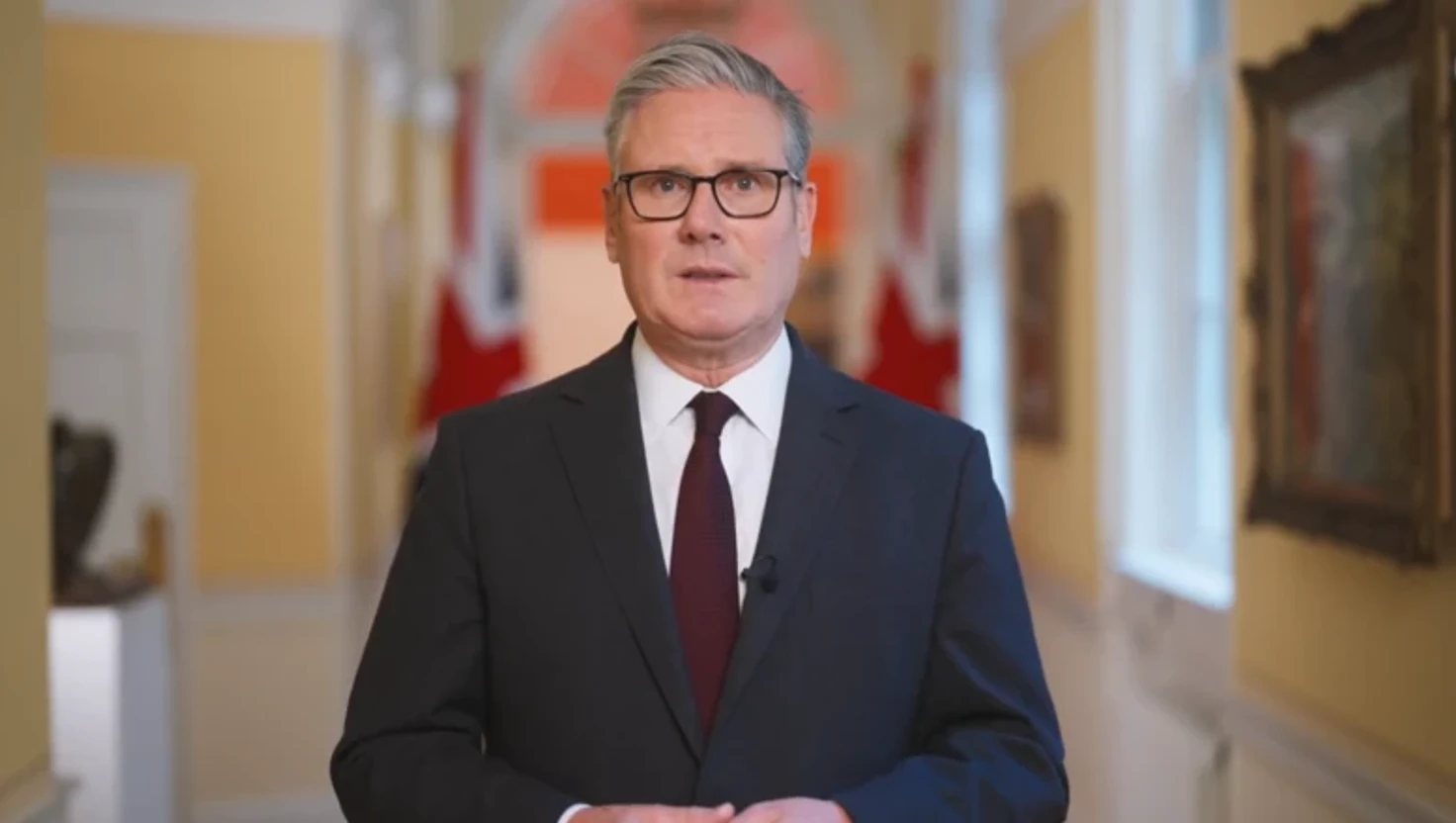
Britain, Canada and Australia formally recognise Palestinian state
Formal recognition of Palestine by the UK, Canada, and Australia heightens tensions with Israel amid ongoing conflict in Gaza.
| 2025-09-22
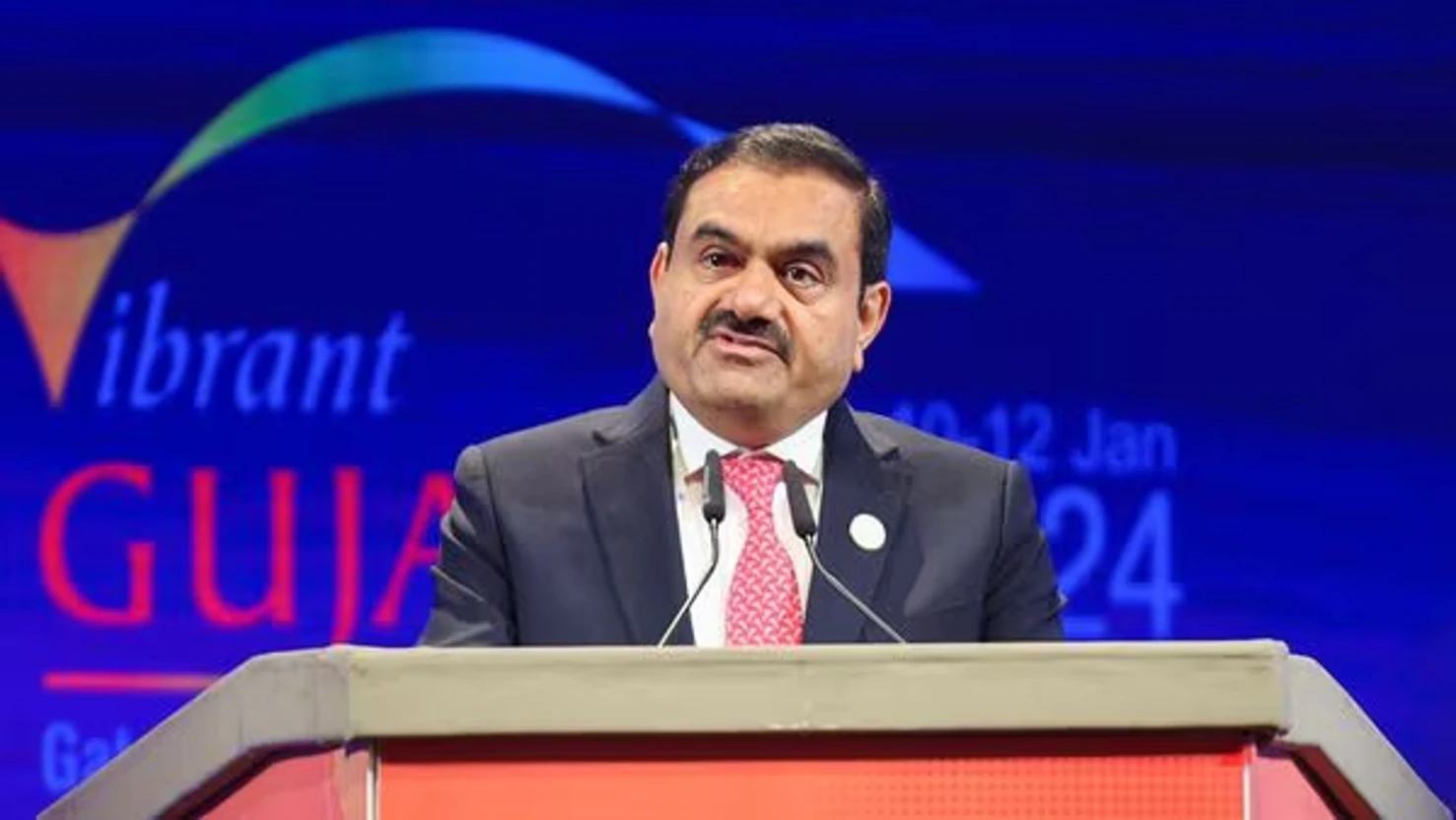
Gautam Adani's Wealth Rises Significantly After SEBI's Approval
Following a SEBI decision, Gautam Adani's net worth surged ₹299 crore in a day, boosting confidence in his companies amidst allegations.
| 2025-09-21
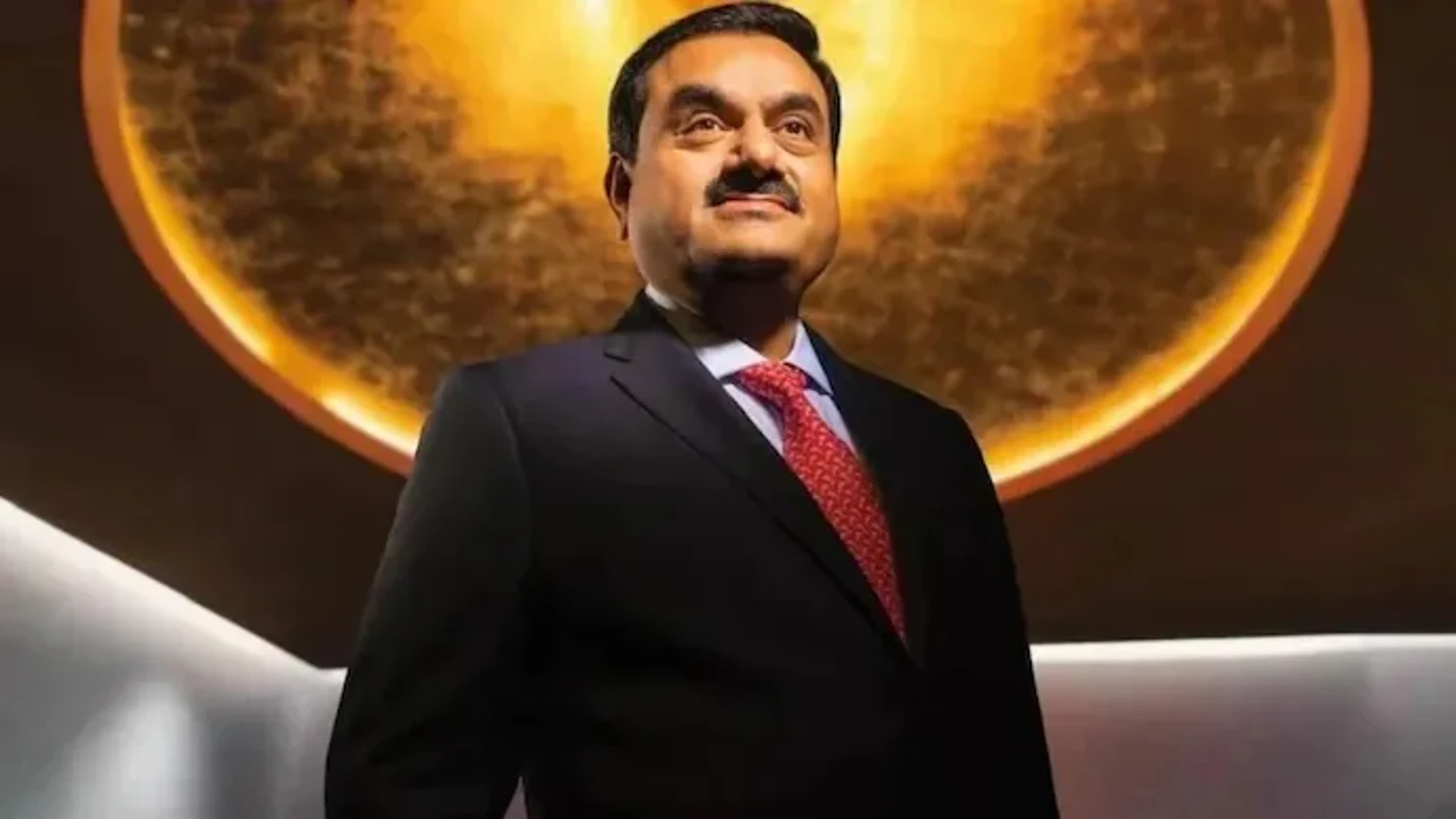
Securities and Exchange Board of India Clears Adani Group of Allegations
The Securities and Exchange Board of India dismisses Hindenburg Research's claims against Adani Group, affirming no violations occurred.
| 2025-09-19

Google Gemini AI Launches Creative Photo Editing Prompts
Explore Google's Gemini AI with ten innovative photo editing prompts to capture the viral Nano Banana trend and enhance your images.
| 2025-09-19
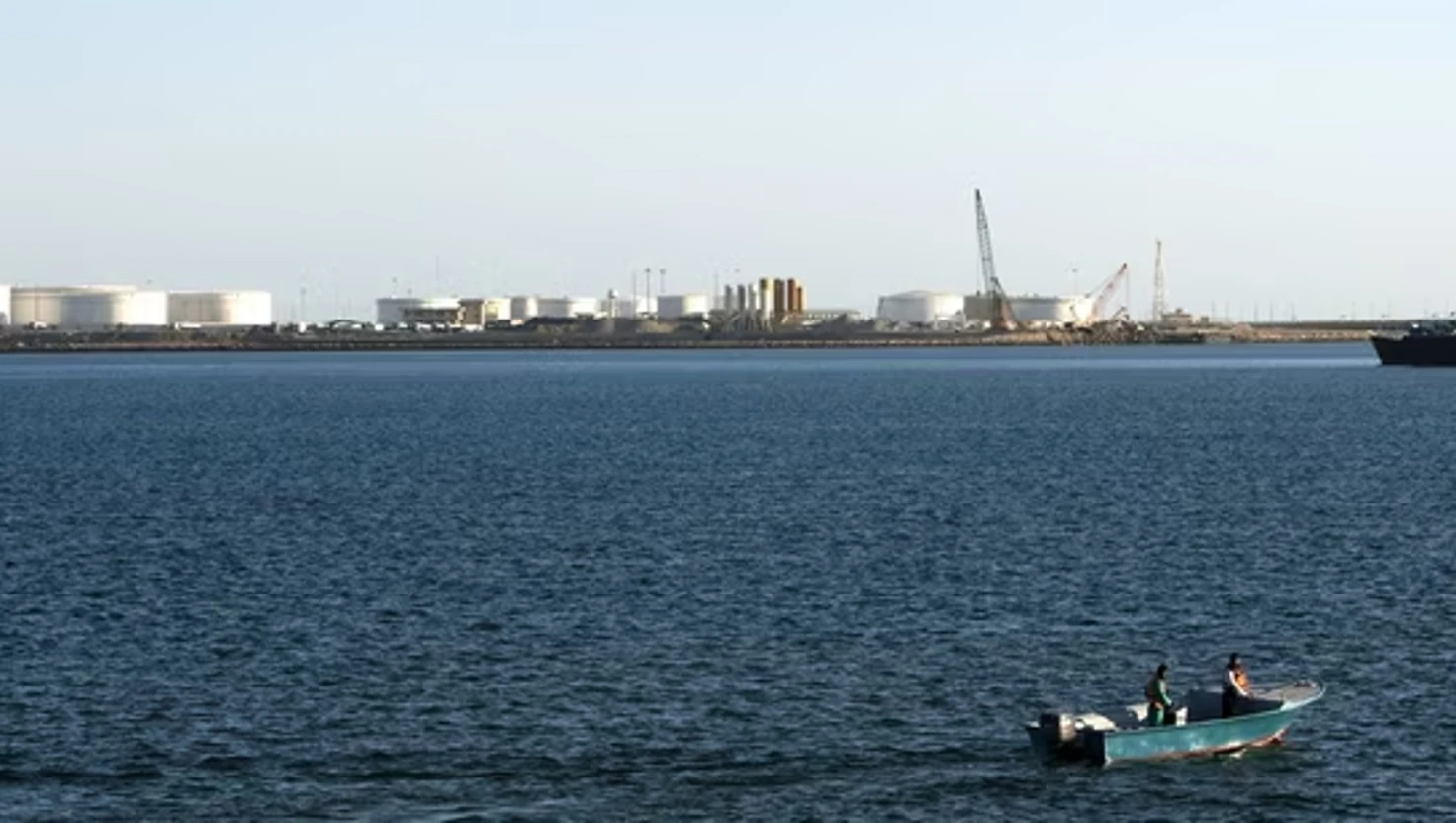
US revokes sanctions waiver linked to Iran's Chabahar Port. A Setback for India?
The US has revoked a sanctions exemption surrounding Iran's Chabahar Port, complicating India's strategic development plans.
| 2025-09-19




